Enago Announces the Winners of Its Global AI Survey – Understanding the Role of AI Automation and Tools in Academic Publishing

Enago, a global leader in editing and publication support services, recently conducted a comprehensive global survey to understand the impact and role of AI-based tools and technologies on the future of academic publishing. With all the information that has rolled in, we are excited to dig into it and gain fresh insights on how AI is and will profoundly change the academic publishing landscape.
Our objective was to gauge the thoughts of key stakeholders of the academic ecosystem on the current and future use of AI. This extensive survey, conducted over a period of 5 weeks between September and October 2021 is the fourth part in the series of Research Risk Assessment surveys. There were 212 universities spread across 54 countries that participated in the survey and shared their inputs. Researchers (early career and established), journal editors, and publishers from different fields such as biological and life sciences, medicine and health sciences, artificial intelligence, computer sciences, media communications, etc. shared their feedback about what is well and what could be improved.
Our preliminary analysis suggests:
- AI based solutions are swiftly trickling down to monotonous yet extremely critical academic tasks such as editing and proofreading that result in speedy generation of quality manuscripts.
- When asked about the most popular AI-powered tools in use Elsevier’s Journal Finder, TrinkaAI, and Grammarly emerged to be in the forefront!
- The three top-rated quality check criteria for AI-generated outputs up voted by our participants were reliability, accuracy, and consistency.
- Majority of the participants believe that the academic publishing landscape will benefit from increased automation and AI.
- Although optimistic about the impact and potential of AI, several participants expressed concerns over potential security breaches and machines overpowering or replacing humans
- Major challenges restraining the large-scale adoption of AI are limited AI knowledge and expertise.
Announcing the Winners
A great big “Thank You” to all who participated in the survey! The results were impressive and we appreciate all of the feedback and responses we received.
As mentioned in the survey announcement post, we have some winners who shared insightful feedbacks. We are excited to announce the following winners:
1. Richard de Grijs
Title: Professor, Department of Physics and Astronomy, Macquarie University

Biography: Richard is an acclaimed academic and journal editor with more than 25 years of experience in the physical sciences. In March 2018, he joined Macquarie University (Sydney, Australia) as Associate Dean (Global Engagement). Richard served as a scientific editor at The Astrophysical Journal (2006-2012) and as deputy editor of The Astrophysical Journal Letters (2012-2018). He received numerous awards, including the 2012 Selby Award for from the Australian Academy of Science and a 2017 Erskine award from the University of Canterbury (New Zealand). Richard was the founding director of the East Asian Office of Astronomy for Development (2012-2017), an institution under the auspices of the International Astronomical Union. His current senior appointments include roles as senior adviser to the Australian government on the “Australia Awards in Indonesia”, as member of the Advisory Board of the Australia-China Consortium for Astrophysical Research, and as President of Division C (Education, Outreach and Heritage) of the International Astronomical Union.
Here’s what he had to say:
“Artificial intelligence invokes strong feelings on either side of the public debate. Although we should remain watchful of undesirable developments, harnessing the power of AI offers tremendous promise in a wide variety of business, government, and academic environments. In academia, think of AI solutions that help us synthesize the vast scholarly literature at unprecedented speed and unsurpassed levels of depth—but also beware of the plagiarism pitfalls and temptations these new opportunities offer. Or consider university students following individually tailored curricula designed using a combination of AI and machine-learning approaches. In fact, my own institution is about to start such a trial in the controlled environment of a mathematics and statistics degree, fully supported by and aligned with modern pedagogical insights. Clearly, any ethical considerations and potential decisions will require that human oversight is retained. Yet, embracing the opportunities offered by AI will undoubtedly open up a “brave new world”.
2. Salvatore Parisi
Title: Professor, Ph.D., PCQI, MRi

Biography: Dr. Parisi obtained his MSc from the University of Palermo, and PhD from the University of Messina, Italy. At present, Salvatore serves as Visiting Professor at Lourdes Matha Institute of Hotel Management and Catering Technology, Kerala State, India. He has been also Visiting Assistant Professor at the Faculty of Agricultural Technology, Al Balqa Applied University, Al-Salt, Jordan. Prof. Parisi also serves as series editor for the SpringerBriefs in Molecular Science: Chemistry of Foods; he serves in the AOAC International Official Methods Board, and in various Expert Review Panels and Working Groups. Salvatore has also served as Special Guest Editor for the Journal of AOAC International three times. In addition, Salvatore is still working with the Associazione ‘Componiamo il Futuro’ (COIF), Palermo, Italy. He has received five scientific awards so far. In addition, the First Parisi’s Law of Food Degradation has been ascribed to him, after the first definition in 2002 (there is also the Second Parisi’s Law of Food Degradation). Finally, Prof. Parisi is a member (MRi) of the Royal Institution of Great Britain, London, UK, and a coordinator at Islington U3A, 8 College Cross, London, United Kingdom.
Here are his thoughts…
“AI-related technology has modified the world of academic publishing in various ways when speaking of the last 20 years. With relation to papers, I was always concerned when speaking of:
a) The research of a good journal
b) The needed efforts concerning setting-up, editing (especially references) and other duties directly related to the manuscript
c) And finally, needed actions after peer-review.
At present, many opportunities have been presented to authors with reference to AI-related technologies. The simple use of automatic plagiarism detection software is a good example. The importance of AI and web-based services has been really important. However, numbers and words do not speak… they are written or printed on paper or inserted into electronic documents. We (authors, reviewers, editors… experts) have to understand them; the good (or bad) interpretation is the key factor when speaking of paper approval or rejection.”
3. Souleymane Sogoba
Title: Manager, Cellule de Planification et de Statisque du Secteur Developpment Rural (CPS/SDR)
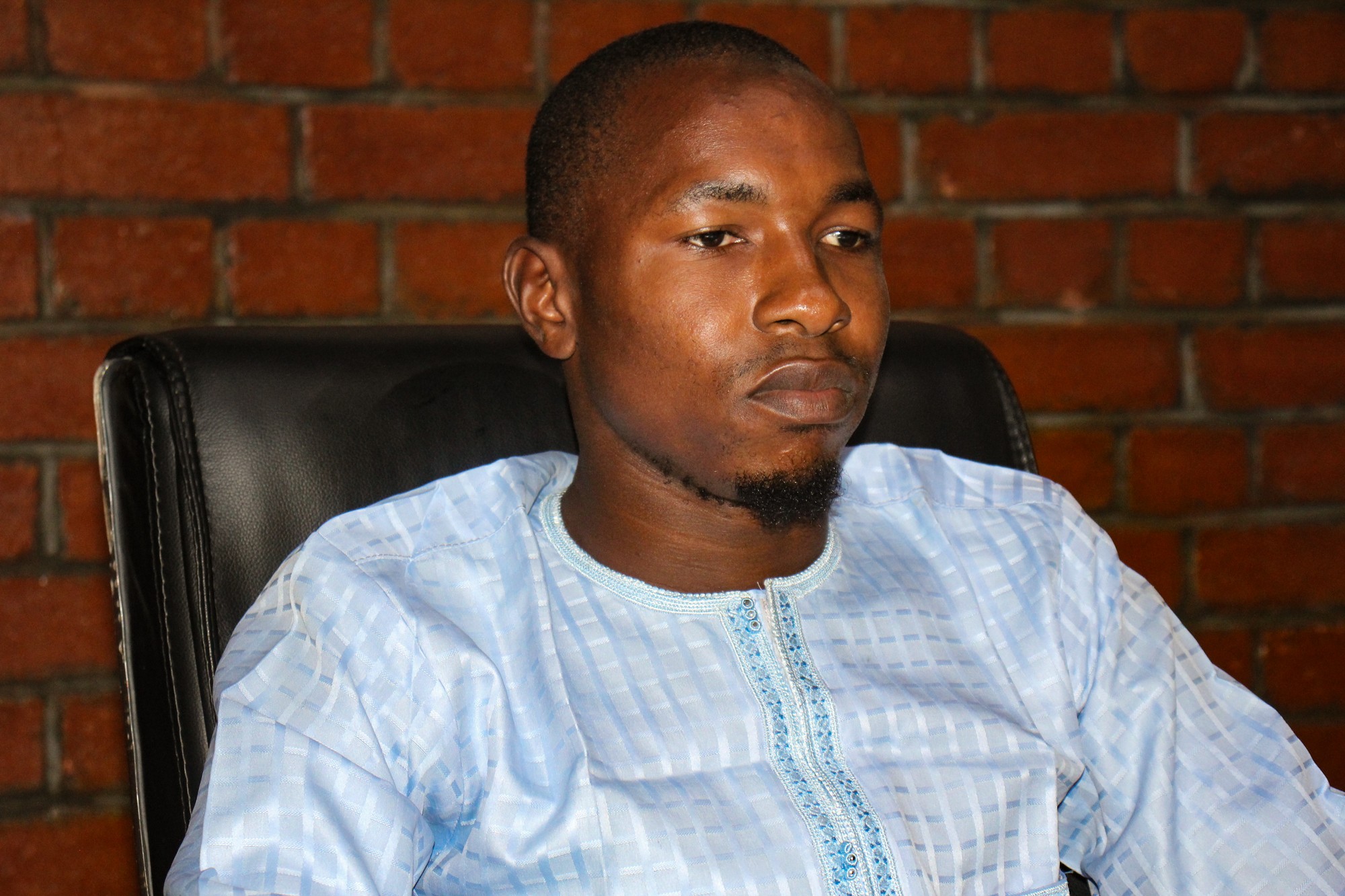
Biography: Souleymane Sogoba, originally from Mali, is currently working as an information manager at the Cellule de Planification et de Statistique du Secteur Développement Rural (CPS/SDR) after having acquired several experiences in university and specialized structures. He holds a Master of University Diploma in Information and Library Sciences, obtained from Senghor University and the Ecole Nationale Supérieure des Sciences de l’Information et des Bibliothèques. In the field of education, he holds a Master’s degree in Education Sciences from the University of Letters and Human Sciences.
He is also:
- Member of the Section: Information Technology of the International Federation of International Federation of Library Associations and Institutions
- Member of the Board of Directors of the Association Internationale Francophone des Bibliothécaires et Documentalistes
- Member of the Board of Directors of the African Association of Libraries and Libraries and Institutions
Additionally, he is also the Ambassador of the Next Einstein Forum, recently nominated among the young talents of Africa by Universcience and an Associate Editor of the Directory of Open Access Journals (DOAJ) for the promotion of Open Access, open science and integration of journals into the platform.
Here is his experience with AI:
The rapid development of robotics and artificial intelligence (AI) has already proven itself in libraries and information services. Beyond information storage and retrieval systems, robots (humanoid, conversational, voice, etc.) are disrupting information service practices and it is imperative for the information professional to adapt to the context. Examples exist in large libraries. This is an opportunity for information structures to improve services to users and the academic world because with robots and AI, internal operations and public services are provided in record time. The impact of AI on academic publishing is apparent: the implementation of Portfolio, plagiarism detection, intelligent search in databases, up to the enhancement of national languages.
4. Helen King
Title: Head of Transformation
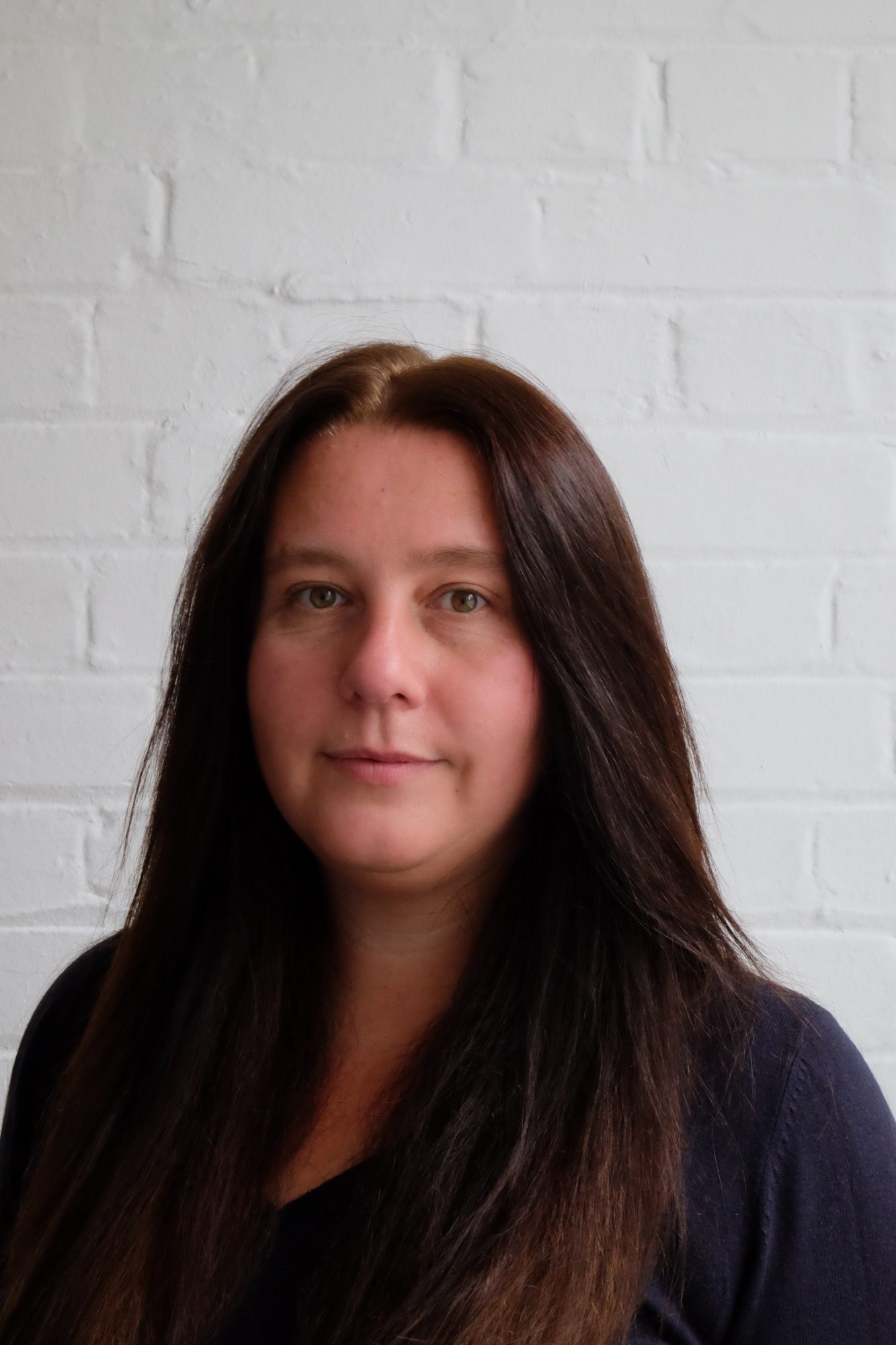
Biography: Helen King is Head of Transformation at SAGE Publishing. Helen works across SAGE’s business areas to help teams understand how data and digital technologies can support their current business needs, drive business efficiencies, and create new business opportunities. She has worked in the publishing industry for many years focusing on product development, innovation, and strategy development. Helen writes about academic publishing technologies in PubTech Radar Scan newsletter.
Here’s what she had to say:
AI and automation technologies are driving a wave innovation and experimentation within academic publishing. As publishers try to personalize, speed up, and improve their processes we will see:
- The capabilities and accuracy of journal recommendation services will improve so that they give authors more tailored recommendations and indicate the probability of acceptance.
- Authors will be able to check their manuscripts for common problems like missing figures and tables or disclosures before they submit
- Submitting papers will become easier and more streamlined as submission systems automatically extract key pieces of information from the manuscript, reducing the need for authors to rekey information.
- Automatic reformatting of references and other elements of a manuscript will make format free submission the norm
- Screening tools will assist Peer Reviewers and Editors with their assessments and decision making by generating reports on the suitability, quality, and integrity of submitted manuscripts.
- It’s an exciting time to be involved in technology side of academic publishing. We’re starting to move away from the submission systems that we’ve used for the past 20 years towards modern streamlined AI assisted solutions that will make it much easier for authors to submit and help human experts to make better decisions.
5. Dr. Toshiyuki Takahashi
Title: Professor, Department of Chemical Science and Engineering, National Institute of Technology (KOSEN), Miyakonojo
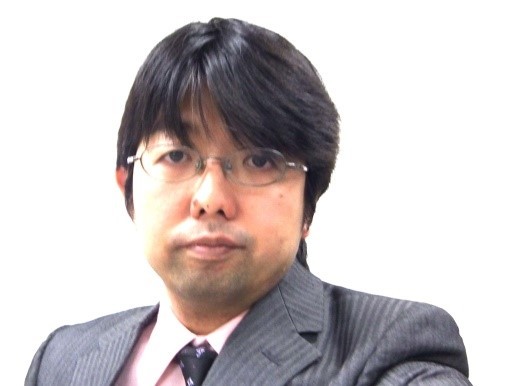
Biography: Dr. Takahashi is an award-winning published author who has specifically researched the cross-interaction in symbiosis between host cells and algal symbionts. Additionally, he has also worked on technological developments using microbes and microalgae. He has several peer-reviewed publications and chapter papers of scientific books to his credit.
6. Dr. Ashish Waghmare
Title: Manager, Reliance Industries, India
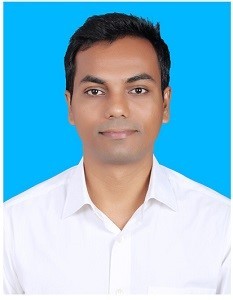
Biography: Dr. Waghmare is a research scientist and manager working with Reliance Industries, Ltd. He specializes in food security, alternative fuel, biomaterial and environmental sustainability. He has about 11 international publications to his credit.
7. Poowin Bunyavejchewin
Title: Senior Researcher at the Institute of East Asian Studies (IEAS) at Thammasat University, Bangkok
Biography: Poowin was Joint Editor-in-Chief of Thammast Universities’ in-house journal, International Journal of East Asian Studies. He is also founding Head of the University’s Research Unit in History and International Politics (TU-HIP). He is simultaneously pursuing a PhD in Political Science at Naresuan University in Phitsanulok, Thailand. His research interests include Asia-Pacific security, regional multilateralism in Southeast Asia, Thai foreign policy, and Thai boys love (BL) media.
Prior to joining IEAS in December 2013, he was a Lecturer at the School of Liberal Arts at Walailak University. Bunyavejchewin holds an MA in International Politics from the University of Hull, UK, and a BA (Hons) in Political Science from Thammasat University. He was awarded Thammasat University’s Outstanding Young Researcher Award in 2014. He was invited as a delegate under the Southeast Asian Young Leaders’ Programme (SEAYLP) to participate in the IISS Shangri-La Dialogue, one of the world’s top security forums, in 2017. His publications have appeared in academic journals, such as the Austrian Journal of South-East Asian Studies and Asian Politics & Policy.
Here are his thoughts on AI:
The AI technology has tremendous impacts on all of us in academia. Apparently, for us in developing nations, the AI has facilitated academic publications in the way never happened before. From powerful search engine tools to plagiarism checking, the new technology has simplified scholarly tasks, making research efforts easier, compared to what the previous generation of scholars experienced. The emerging AI innovation in academic publications have left us having no excuse “not to publish,” which, personally, I believe it is a good thing. Lastly, and hopefully, the AI technology would reduce costs in academic publications, making scholarly assets more accessible to academics in low- and middle- income countries.
8. Najla Shafighi
Title: Professor of International Technology Transfer at BBW University of Applied Sciences, Berlin, Germany.
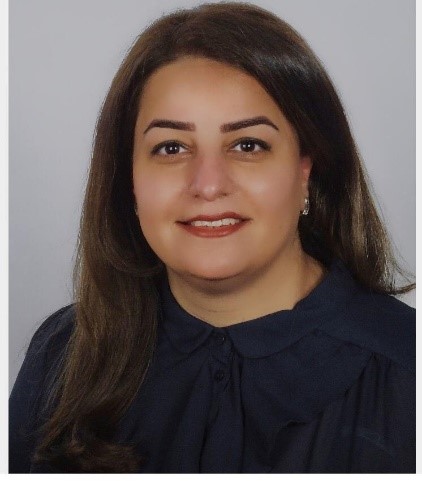
Biography: Najla has been involved in high impact academic research, market research, and academic teaching in Asia and Europe. She has several years of industrial work experiences with a demonstrated history of working in the education management and marble industry in Asia and Europe. She has published many articles in the field of economics, business, and finance and has collaborated in various research projects.
9. Jennifer Parresol
Title: Senior Managing Editor, American Society of Civil Engineers
Biography: Jennifer has over sixteen years of experience in scholarly publishing and peer review. She has extensive experience in analytics and statistical reporting, data analysis, ethical processes and procedures.
10. Jemell Emell
Title: Doctoral Student, MIT
Biography: Jemell is a highly motivated post-doctoral student at MIT. She studies Artificial Intelligence









